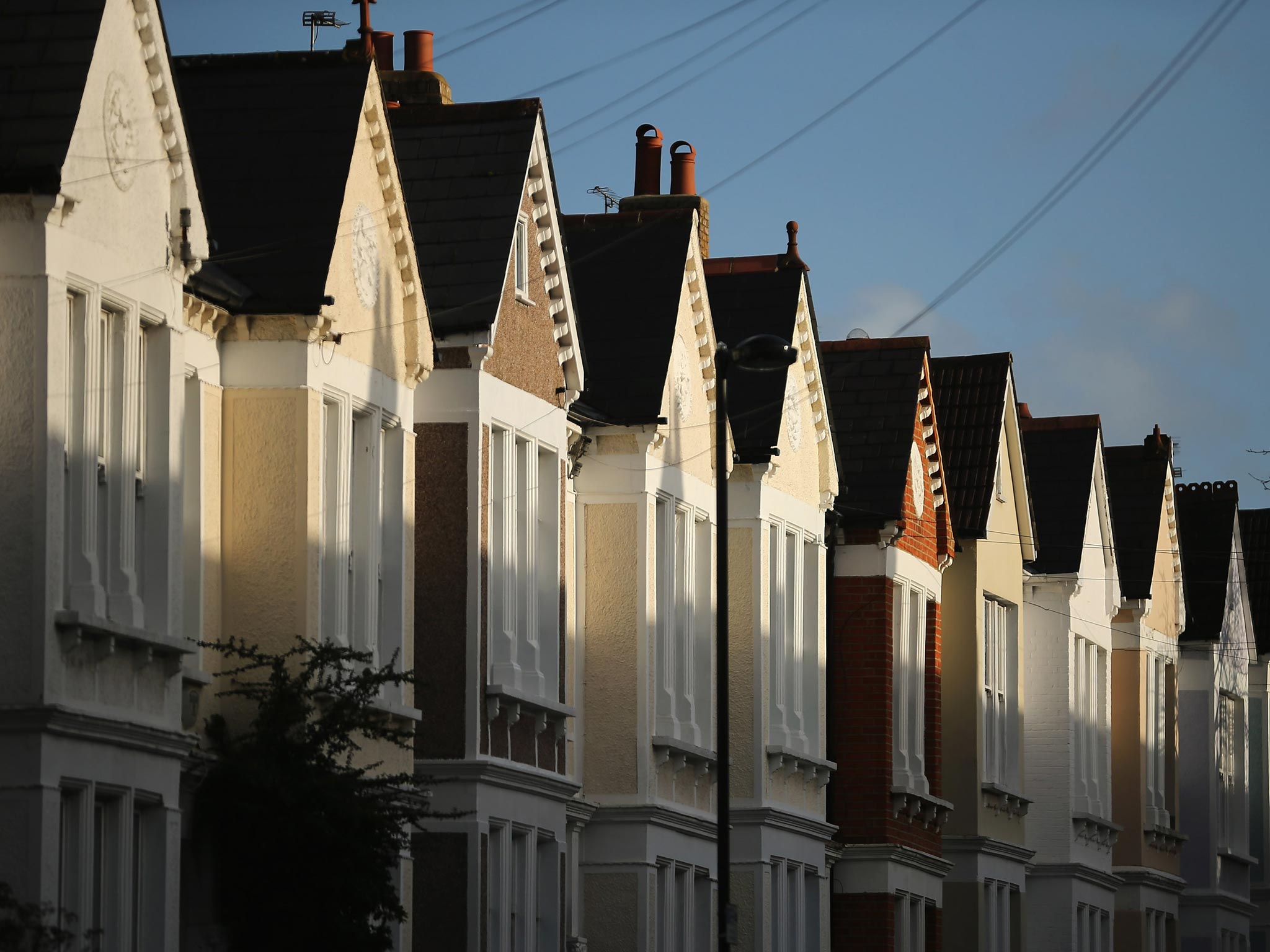Wages need to double to keep pace with house prices

If salaries had kept pace with house price inflation in the last 15 years, you would be paid more than twice as much now.
That would mean the average wage would be more than £55,000, according to housing charity Shelter, rather than the official £25,932.
The gap between wages and property prices is widening as salaries remain static and home values soar leaving average earners needing a £29,000 pay increase to be as well off in relation to property prices as they were in 1997.
Worst hit are those in the London borough of Hackney where pay would need to be four times higher than the current average to have kept pace with property.
Average earners take home £31,304 in Hackney, but if wages had matched property inflation, the salary would stand at £131,924.
In Westminster the gap climbs to £105,375, but workers outside London have also been hit by the double-whammy of effective pay freezes and soaring home prices.
People on average wages in Watford and Brighton & Hove would need an extra £47,000 each year to keep up with local house price inflation, while those in Manchester would need to earn £34,000 more.
Shelter’s research suggests that there is not a single area in the country where wage and house price inflation have remained aligned.
Burnley has the smallest gap, but £10,000 would still need to be added onto the average salary to put it in line with the rise in house prices.
Get a free fractional share worth up to £100.
Capital at risk.
Terms and conditions apply.
ADVERTISEMENT
Get a free fractional share worth up to £100.
Capital at risk.
Terms and conditions apply.
ADVERTISEMENT
Campbell Robb, Shelter’s chief, said: “When you’d need to more than double your salary just to keep up with rising house prices, it is no surprise that the dream of a home of their own is slipping further out of reach for a generation.”
Soaring house prices have left people being forced to take out larger mortgages with the average first-time buyer loan climbing 11.4 per cent in 2013 to reach £122,040.
Meanwhile official figures have revealed that more than 3.3 million 20-to-34-year-olds were living with their parents last year in the UK.
“Politicians need to start meeting people halfway by committing to bold solutions that will get more affordable homes built,” said Mr Robb. “Otherwise future generations will find themselves priced out of a stable home, however hard they work or save.”
Case Study
Andy, 28, and his wife Rachel live at his parent’s house in Enfield because there is no way they can afford to rent and save up for a deposit at the same time.
“We have thought about moving out for a long time and always said that when we get married we’ll definitely do it. We really want our own space but are finding it very hard,” he says.
The couple have looked into renting but the cost is prohibitive and means they’d struggle each month.
“If we moved out into a flat now, we wouldn’t even break even, let alone be able to save money for a deposit. We’d be spending more than we earn and would have to eat into the money we’re trying to save for a deposit which is the last thing we want to do.”
Andy’s brother and his partner are also living in the house because they are in the same situation.
Join our commenting forum
Join thought-provoking conversations, follow other Independent readers and see their replies
Comments
Bookmark popover
Removed from bookmarks